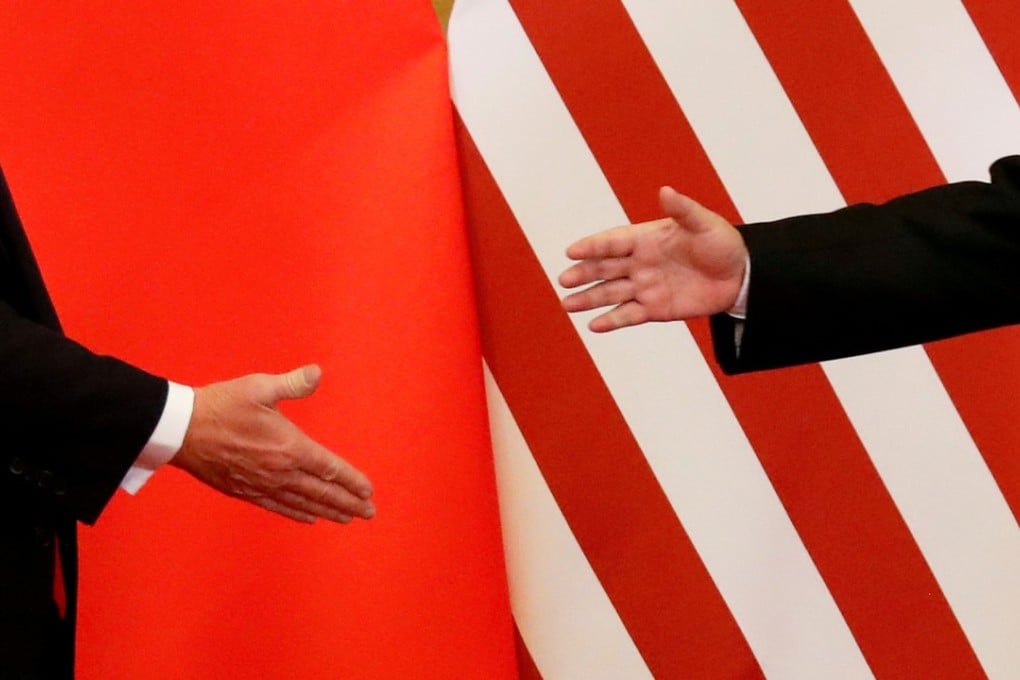China ‘won’t bow to US pressure and is ready to fight to the end’ if a trade war breaks out
Senior official strikes defiant tone by ruling out major concessions ahead of visit to Beijing by high-level US delegation

China has insisted that it will not succumb to US pressure to change its industrial policy nor offer major concessions on the bilateral trade deficit.
A Chinese government official close to the high-level trade talks with America said on Wednesday that Washington should not set any preconditions for negotiations, adding that China had sufficient strength to fight to the end if a trade war broke out.
“We will not offer concessions on anything we consider to be a core interest,” the official said.
US Treasury Secretary Steven Mnuchin is leading the delegation on the two-day visit that starts on Thursday and will meet Vice-Premier Liu He for talks.
US Trade Representative Robert Lighthizer, Commerce Secretary Wilbur Ross, White House trade adviser Peter Navarro and White House economic adviser Larry Kudlow are the other senior members of the US delegation.
Trade tensions between the two nations have escalated after Washington moved to impose hefty tariffs on US$50 billion worth of imports from China – a measure that will take effect next month – and threatened to restrict Chinese investment.